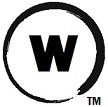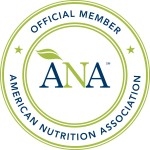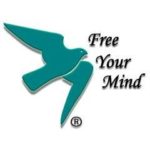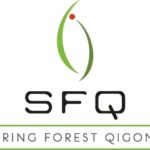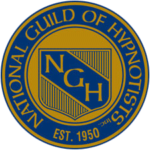
This article was written by Dr Blaylock – Posted here for educational purposes:
A number of nutritional supplements have been shown to boost the function of the immune system. Studies have shown that even a single vitamin or mineral deficiency can impair immunity.
Of particular significance are deficiencies of:
• Vitamin C
• Vitamin E
• Vitamin B6
• Thiamine
• Folate
• Methylcobalamin (vitamin B12)
• Selenium
• Magnesium
• Zinc
Eating organic, nutrient-dense vegetables supplies most of these vitamins and minerals. But as people age, higher levels may be needed than can be supplied by food alone.
Special supplements can boost immunity not only for existing infections, but also in preparation for a hospital visit — especially for those facing elective surgical procedures.
Beta 1,3/1,6-glucan is the most widely researched of these immunity-boosting supplements. A person scheduled to undergo a surgical procedure should start supplementation with beta-glucan two weeks before the procedure, or as early as possible.
The dose is 250 mg, taken once a week on an empty stomach along with 1,000 mg of buffered vitamin C.
Beta-glucan can be taken at any time of the day, but you shouldn’t eat for one hour afterward, in order not to interfere with absorption.
This regimen should be continued until the day of admission to the hospital. After surgery or hospital discharge, a patient should resume taking the beta-glucan at the same dose for two weeks, because that is how long the immune system is suppressed by the anesthesia.
In my opinion, treatment for active infections should also include boosting the immune system.
The fact that the immune system is absolutely essential for clearing any infection — even when a person is taking powerful, broad-spectrum antibiotics — means that improving cellular immunity will speed recovery and improve the chance of healing.
A number of phytochemicals have antibacterial and antiviral properties, and can aid treatment of these infections. These include:
• Resveratrol
• Curcumin
• Quercetin
• Apigenin
• Hesperidin
• Luteolin
• Kaempferol
Combinations of these phytochemicals are even more effective. (see protandim)
For additional protection, you can take 100 mg of the phospholipid phosphatidylserine twice a day. This compound is needed by phagocytic white blood cells to gobble up bacteria. In addition, it protects the brain and stimulates brain repair.
Unfortunately, in most cases patients undergo virtually no nutritional counseling during treatment of an active infection, or in advance of surgery. And virtually none undergo immune preparations before having a procedure done.
Immune fortification is very important because surgery, anesthesia, and blood transfusion all powerfully suppress immunity — not just during surgery, but also for at least two weeks afterward.
This increases the risk of postoperative infections and complications.
What many doctors don’t know is that some antibiotics — particularly the tetracycline antibiotics, such as doxycycline — are also powerful cellular immune suppressants.
In fact, they suppress immunity so much that they are now being tested to treat diseases associated with excess immune activation, such as multiple sclerosis, Parkinson’s disease, and ALS.
Source Article: Beta-Glucan: Powerful Immune Booster – By Dr. Blaylock
Wednesday, 22 Apr 2015 02:17 PM
